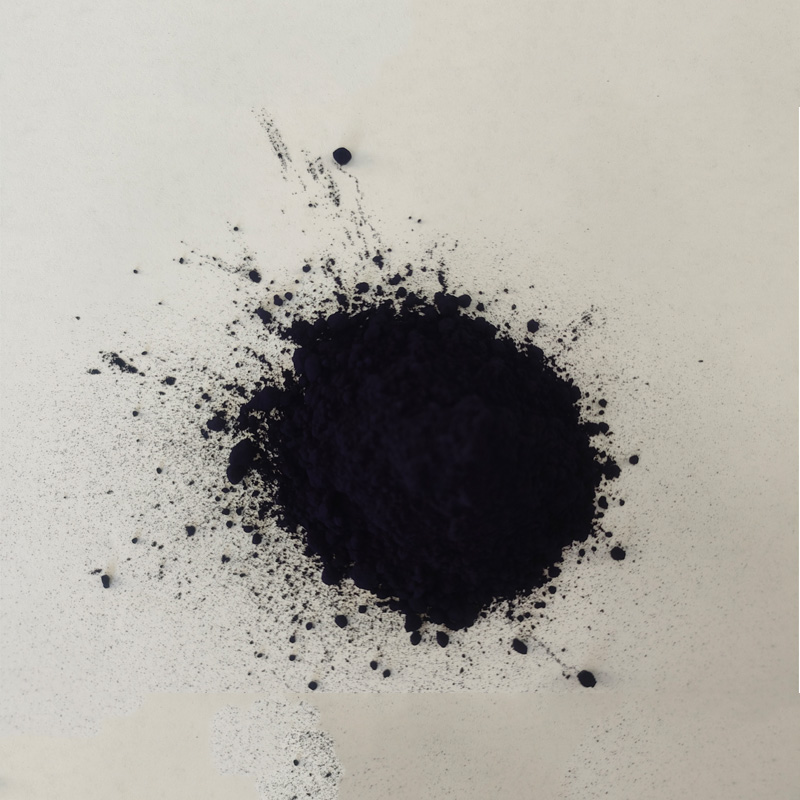Innovative Sulphur-Based Color Products for Vibrant and Eco-Friendly Solutions
The Role of Sulphur in Colour Products
Sulphur, a non-metallic element found in Group 16 of the periodic table, plays a crucial role in various industries, particularly in the production of colour products. While it may not be the first element that comes to mind when discussing pigments and dyes, sulphur compounds have fascinated chemists and manufacturers for centuries due to their unique properties and versatility.
Historical Context
Historically, sulphur has been used in a variety of applications, from medicine to agriculture. Its properties were recognized even in ancient civilizations, where it was associated with fire and brimstone. However, it wasn’t until the industrial revolution that sulphur found its way into the realm of colour products. With the advent of synthetic dyes in the 19th century, chemists began to explore sulphur compounds as potential sources for vibrant colours.
Chemistries of Sulphur in Dyes
Sulphur compounds can be divided into several categories, key among them being sulphur dyes. These dyes are characterized by their excellent lightfastness and washfastness, making them ideal for textiles. The chromophore, the part of the molecule responsible for colour, often contains sulphur atoms bonded in such a way that they absorb specific wavelengths of light, resulting in vivid colours. Moreover, sulphur dyes are usually produced through the combination of an organic substrate with elemental sulphur under specific reaction conditions, which leads to innovative colour solutions.
Applications in Textile Industry
sulphur colour products

In the textile industry, sulphur dyes are widely used for dyeing cotton and other cellulosic fibers. Known for their deep shades, these dyes offer a range of colours from dark blacks to vibrant hues. Their application process typically involves discharging, which provides excellent results on heavy fabrics, making them a preferred choice in denim production. The durability of sulphur dyes also means that garments dyed with these products can withstand numerous wash cycles, maintaining their visual appeal over time.
Expanding Use Beyond Textiles
Beyond the textile industry, sulphur colours have begun to find applications in various other domains. In plastics, sulphur-based pigments ensure that products are visually appealing while also being durable and resistant to fading. Additionally, in the cosmetic industry, certain sulphur compounds are being explored for their ability to provide stable and vibrant colours in makeup and personal care products. The exploration of sulphur’s potential in these industries reflects a growing trend towards incorporating more sustainable and less toxic materials.
Environmental Considerations
While sulphur-based colours offer distinct advantages, it is essential to examine their environmental impact. The production of sulphur dyes can generate by-products that may pose challenges to our ecosystem. However, advancements in manufacturing processes have led to more sustainable practices, such as recycling and reusing waste materials. As awareness grows about environmental issues, many manufacturers are investing in greener alternatives and methods to reduce waste and emissions associated with sulphur dye production.
Conclusion
In conclusion, sulphur's role in the production of colour products is both fascinating and multifaceted. It has not only shaped the textile industry through the introduction of sulphur dyes but has also inspired innovation in other sectors like plastics and cosmetics. As industries continue to evolve towards sustainability, the challenge will be to balance the benefits of sulphur compounds with responsible environmental practices. The future is promising, with new research and technology potentially leading to even more exciting developments in the field of sulphur colours. Understanding and embracing the diverse applications of sulphur in colour products could lead us to a brighter, more sustainable future in design and manufacturing.
-
The Timeless Art of Denim Indigo Dye
NewsJul.01,2025
-
The Rise of Sulfur Dyed Denim
NewsJul.01,2025
-
The Rich Revival of the Best Indigo Dye
NewsJul.01,2025
-
The Enduring Strength of Sulphur Black
NewsJul.01,2025
-
The Ancient Art of Chinese Indigo Dye
NewsJul.01,2025
-
Industry Power of Indigo
NewsJul.01,2025
-
Black Sulfur is Leading the Next Wave
NewsJul.01,2025

Sulphur Black
1.Name: sulphur black; Sulfur Black; Sulphur Black 1;
2.Structure formula:
3.Molecule formula: C6H4N2O5
4.CAS No.: 1326-82-5
5.HS code: 32041911
6.Product specification:Appearance:black phosphorus flakes; black liquid

Bromo Indigo; Vat Bromo-Indigo; C.I.Vat Blue 5
1.Name: Bromo indigo; Vat bromo-indigo; C.I.Vat blue 5;
2.Structure formula:
3.Molecule formula: C16H6Br4N2O2
4.CAS No.: 2475-31-2
5.HS code: 3204151000 6.Major usage and instruction: Be mainly used to dye cotton fabrics.

Indigo Blue Vat Blue
1.Name: indigo blue,vat blue 1,
2.Structure formula:
3.Molecule formula: C16H10N2O2
4.. CAS No.: 482-89-3
5.Molecule weight: 262.62
6.HS code: 3204151000
7.Major usage and instruction: Be mainly used to dye cotton fabrics.

